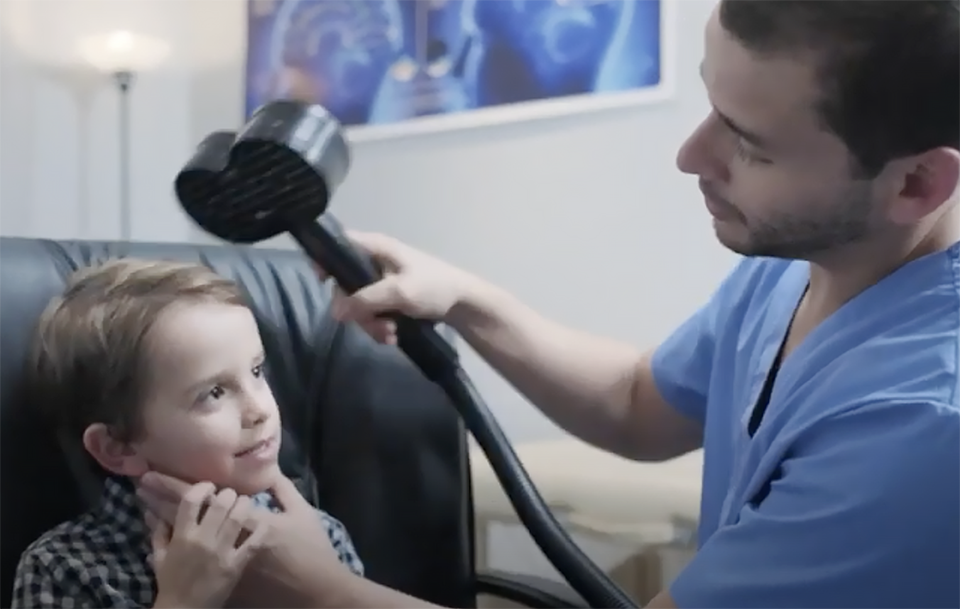rTMS is Effective to Treat Autism: Studies and Reports
 At BrainCare Performance Center Orlando, we use targeted rTMS (repetitive transcranial magnetic stimulation) as a vital element of MeRT treatment for autism.
At BrainCare Performance Center Orlando, we use targeted rTMS (repetitive transcranial magnetic stimulation) as a vital element of MeRT treatment for autism.
rTMS generates a gentle magnetic field to balance and stimulate brain function. Results from using this treatment on those with ASD include improved communication, better sleep, and more independence.
Here are six of the many studies and reports on the effectiveness of rTMS for autism treatment.
1. Repetitive Transcranial Magnetic Stimulation for Treatment of Autism Spectrum Disorder: A Systematic Review and Meta-Analysis
This review, published in 2022, covered 11 studies of rTMS for autism treatment. In this review, the authors found evidence that rTMS may help with social communication and repetitive behaviors in ASD.
2. Transcranial Magnetic Stimulation in Autism Spectrum Disorders: Neuropathological Underpinnings and Clinical Correlations
This 2020 review summarizes the findings of 13 clinical trials that on the use of rTMS for treating ASD. The authors conclude that rTMS appears to be safe and to improve many ASD symptoms.
3. Effects of Repetitive Transcranial Magnetic Stimulation on Children with Low‐function Autism
4. The Potential of Magnetic Resonant Therapy in Children with Autism Spectrum Disorder
This 2016 report reviewed studies done using MeRT as a potential therapy for children with ASD. They conclude MeRT is a promising therapeutic option with minimal side effects.
5. Improved Autism Behaviors After Non-invasive Cerebral Trans-Magnetic Stimulation Using Customized Frequency Modulation
This 2014 American Association of Neurological Surgeons presentation shared findings on TMS and autism. The study showed improved behaviors in autism, such as taste, smell, and touch, fear and nervousness, and verbal communication.
6. Non-invasive EEG-EKG Guided Trans-Magnetic Stimulation at Natural Resonance Frequency in Children with Autism
This abstract outlines a pilot study using EEG/EKG-guided TMS on ASD patients. Patients had significant clinical improvement, with reductions in ASD symptoms.

 These are just a few of the many studies and reports on rTMS for autism treatment.
These are just a few of the many studies and reports on rTMS for autism treatment.